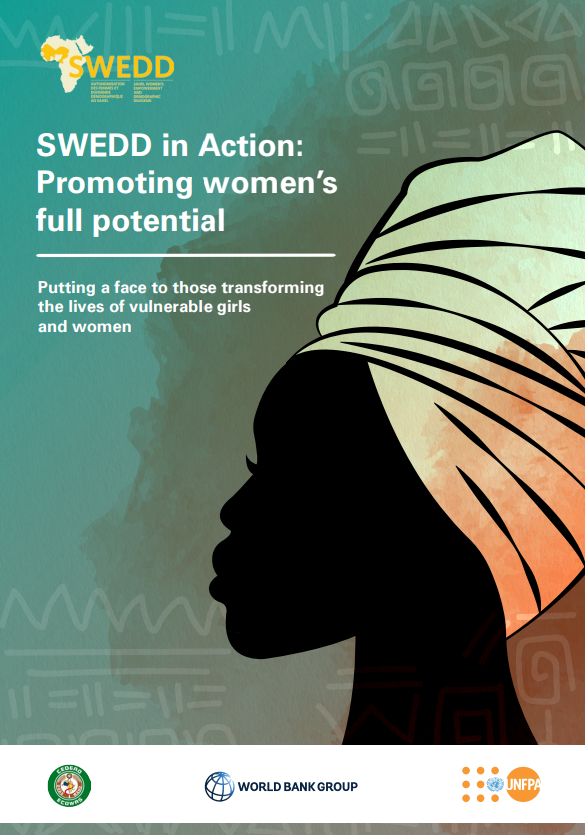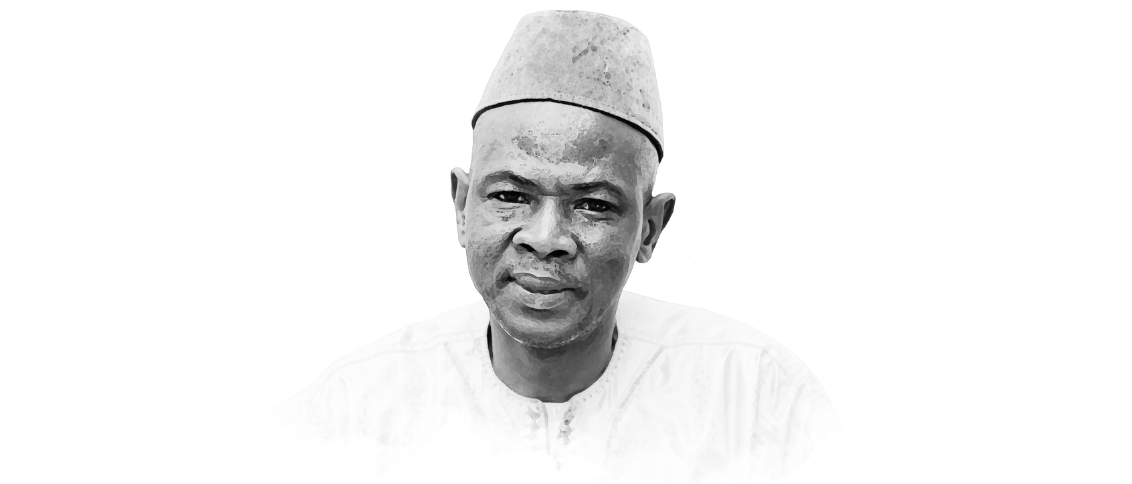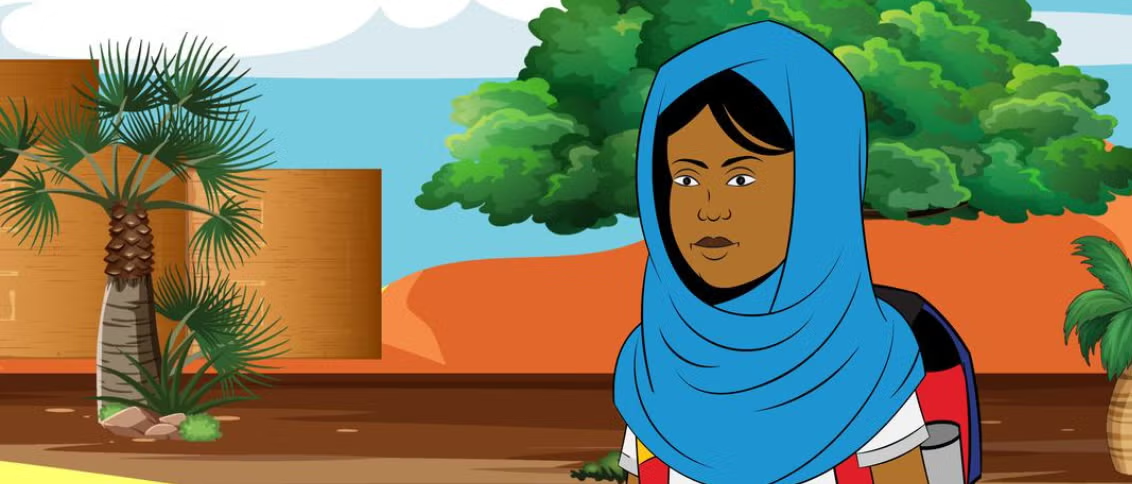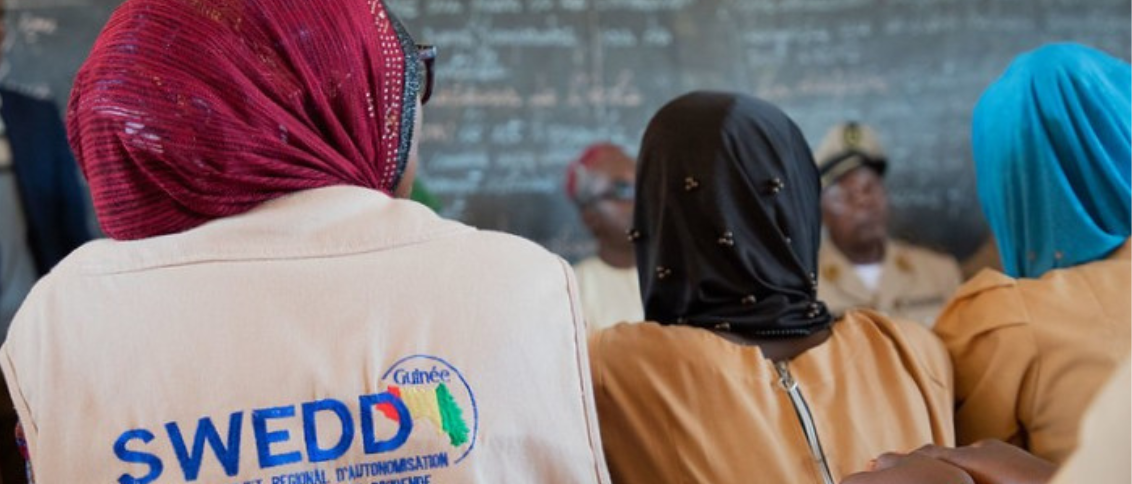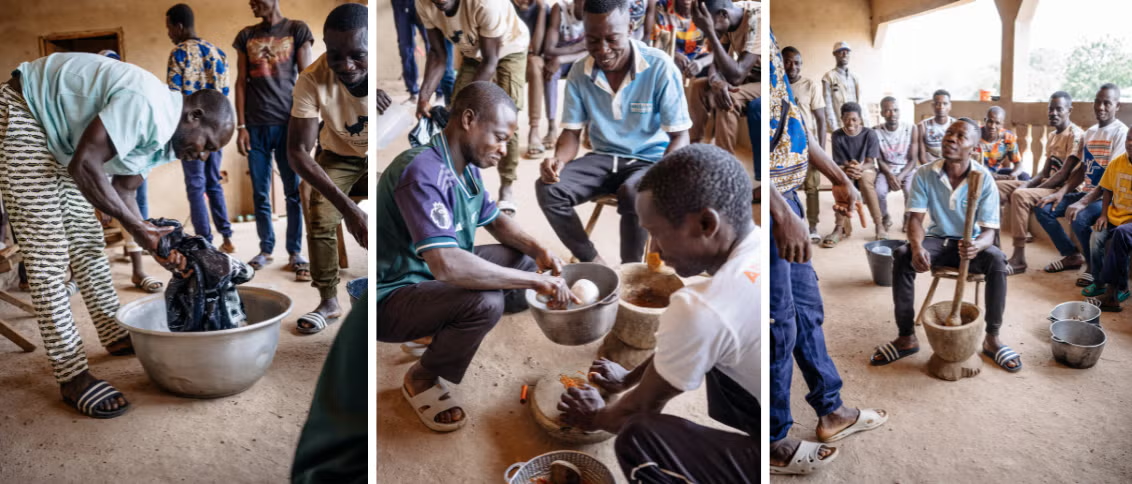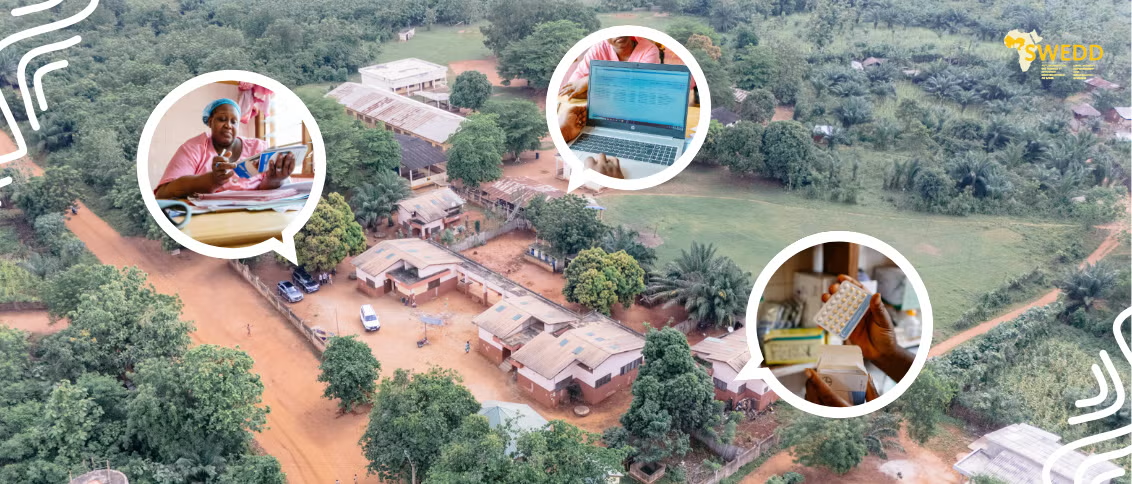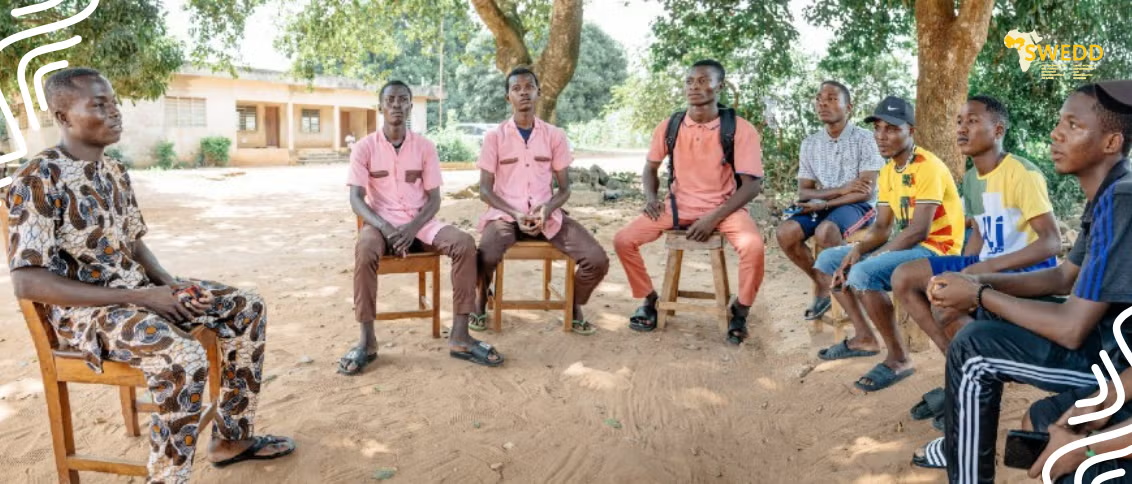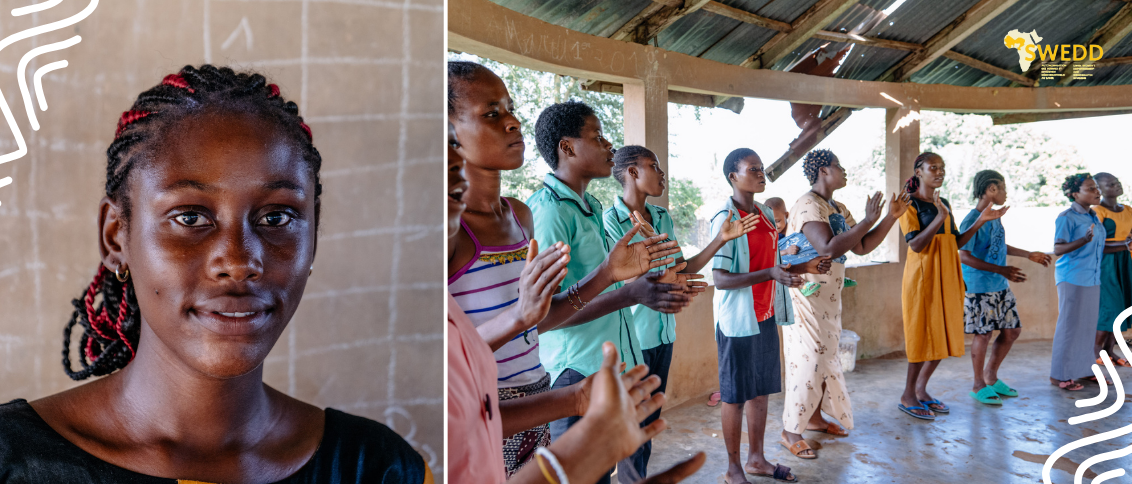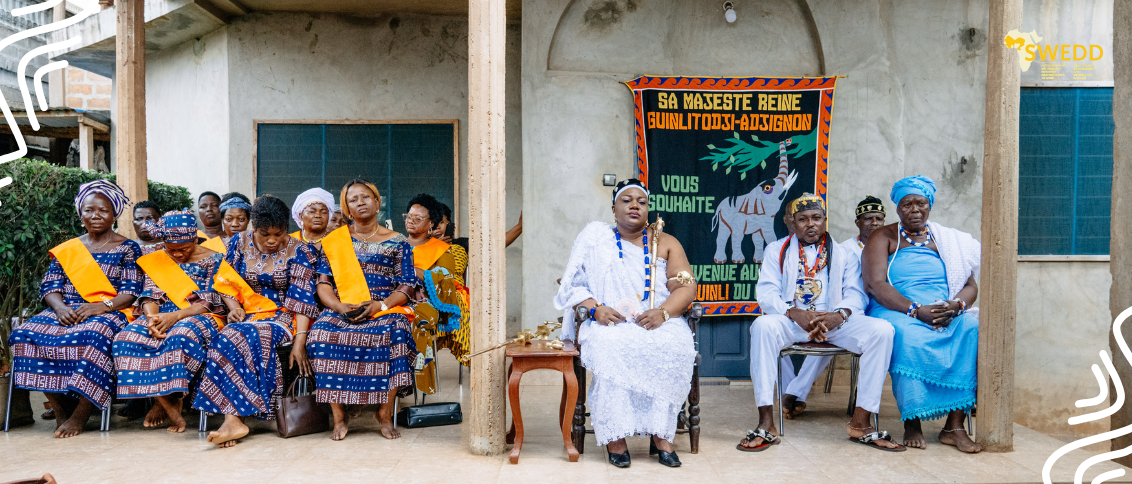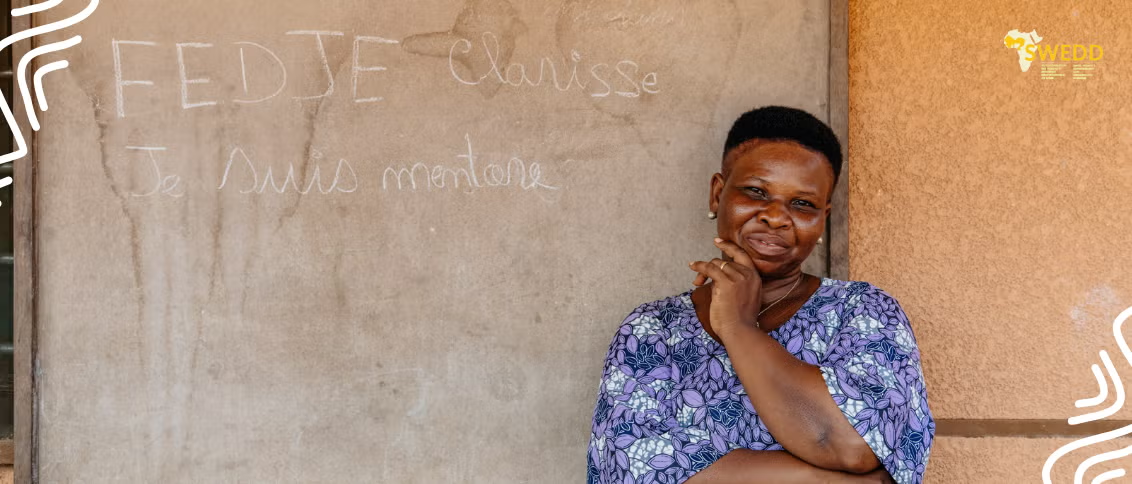

NEWS
"As it is a social norm, Female genital mutilation (FGM) represents a major challenge"
06 June 2024

A lawyer by training, Souleymane Camara is head of the conventions and legislation unit at the National Department for the Promotion of Women and Gender within the Ministry of Women, Children and Vulnerable Persons in Guinea. He is also the focal point for the National Programme for Accelerating the Abandonment of Female Genital Mutilation (FGM).
Souleymane is a male role model, and is actively involved in implementing the SWEDD project, which was launched in Guinea in 2022. Souleymane, 55, has many years of expertise gained on the ground. Recruited by the Ministry of Women’s Affairs as a paralegal in 1998, his first task was to improve community justice. “We were deployed to legal aid centres in districts of Conakry, to advise and guide women in need. I was working in the commune of Dixinn and I discovered that women’s rights were not being observed, in terms of marriage and inheritance. Women could be beaten and abandoned, which I found abhorrent.”
From 2000 to 2007, he was the UNICEF focal point for the National Department for the Promotion of Women and Gender, responsible for setting up regional committees for the Convention on the Elimination of All Forms of Discrimination against Women (CEDAW). Since 2008, as coordinator of the National Programme for Accelerating the Abandonment of FGM, he has been working with both Christian and Muslim religious figures.
“FGM has no religious boundaries,” he explains. Working with the SWEDD project, he is already much more than just a male role model ready to share his experience. For example, he coordinates the field team managing cases of women’s rights violations, and provides women with advice, guidance, mediation and support. He was also responsible for setting up a national database on gender-based violence and FGM in 2022, and he oversees monitoring of public declarations on abandoning FGM and child marriage, made by districts and villages with the encouragement of the authorities.
“Between 2021 and 2022, 763 villages made these declarations,” he explains. “The programme involves committees to monitor the commitments made, as well as to identify and protect girls at risk of FGM and child marriage, through female mentors and male role models in each community.”
There are currently 610 female mentors monitoring and supporting 53,000 girls who have not been subjected to FGM and 28,700 unmarried girls. There is still much work to be done, but Souleymane highlights the changing trends. The latest Demographic and Health Survey carried out by the Ministry of Planning in 2018 shows FGM prevalence of 39 per cent in the 0–14 age group, compared with 94.5 per cent in the 15–49 age group.
“Compared with 2012, these figures show a drop of 6 percentage points among children and 2.5 percentage points among adults. Since FGM is a social norm in all regions and among all ethnic and religious groups in Guinea, it represents a major challenge. It will probably take two generations to eradicate it completely.”
Another positive development is that penalties for FGM offences are becoming increasingly severe, with the 2000 law banning the practice, and the Criminal Code revised in 2016 now enforced by judges specifically trained on the issue. “There’s no longer any question of getting away with suspended prison sentences and minor fines,” says Souleymane. “In 2022, more than 25 people were referred to the courts and sentenced to up to six months in prison.”
Find out how the SWEDD project is changing lives across sub-Saharan Africa in the book SWEDD in Action: Promoting Women's Full Potential here
